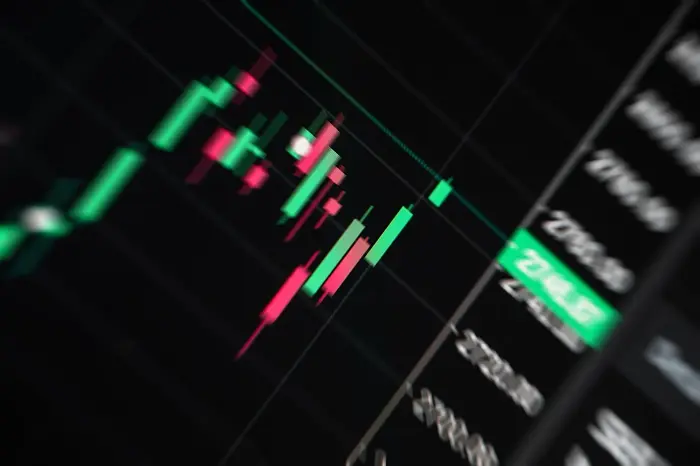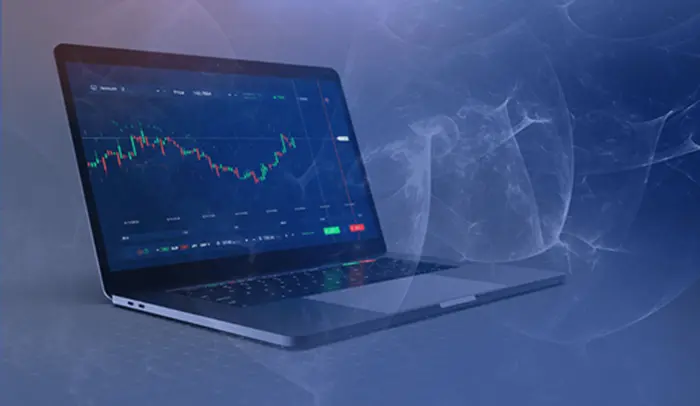The global financial system is entering uncharted territory, according to Deutsche Bank, which notes that the dollar is facing a crisis of confidence.
“We are witnessing a simultaneous collapse in all US asset prices, including equities, the dollar against alternative reserve currencies, and bond markets,” said analysts at Deutsche Bank, led by George Saravelos.
In a typical crisis environment, markets would hoard dollar liquidity to ensure funding for their underlying US assets, which could trigger Fed swap lines.
The bank said the dynamics here appear to be very different.
“The market has lost confidence in US assets, so instead of addressing asset-liability mismatches by hoarding dollar liquidity, it is actively selling US assets themselves,” Deutsche Bank said.
US government policies are encouraging the trend of de-dollarization to protect international investors from the weaponization of US dollar liquidity.
“We are now seeing this process happening in real time and faster than we expected,” the German bank said. “Whether this process can remain orderly remains to be seen. Credit events in the global financial system that threaten the supply of short-term dollar liquidity are the biggest vulnerability, which would make the dollar dynamics more positive.”
The first impact of current policy is of course to generate a large negative supply shock, which would raise inflation and make it harder for the Fed to cut rates.
The policy goal of reducing bilateral trade imbalances is functionally equivalent to reducing demand for US assets. The bank said this is not a theoretical consideration, and the US has already launched trade negotiations with Japan and South Korea this week, in which currency levels are specifically mentioned as a negotiating target.
“It should not be overlooked that Japan is the largest official holder of US Treasuries. The implicit negotiating goal of reducing the valuation of the US dollar incorporates the possibility that the Japanese Ministry of Finance may sell US Treasuries,” Deutsche Bank said.
At the heart of the escalation in recent days is the trade war with China – tariffs of more than 100% have been imposed on China, leaving little room for escalation on the trade front.
“The next phase is likely to be an open financial war involving Chinese-owned US assets, on both official and private sector fronts. It is important to note that such a war cannot have winners: it would harm both the owners (China) and the producers (the US) of the assets. The loser would be the global economy,” Deutsche Bank added.































